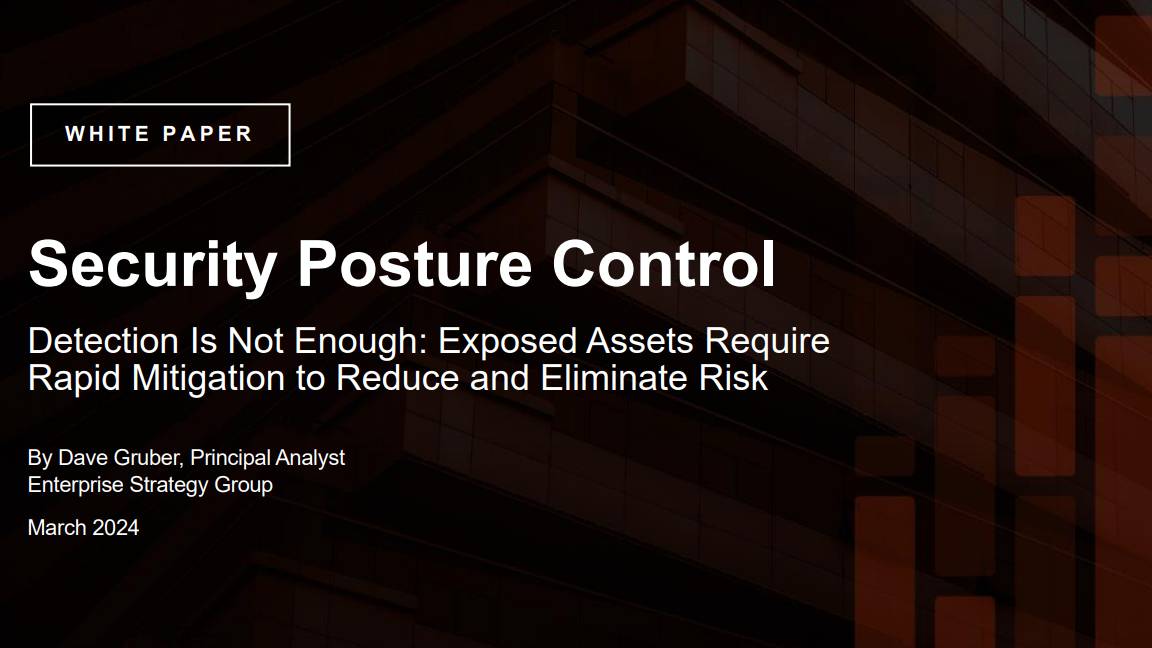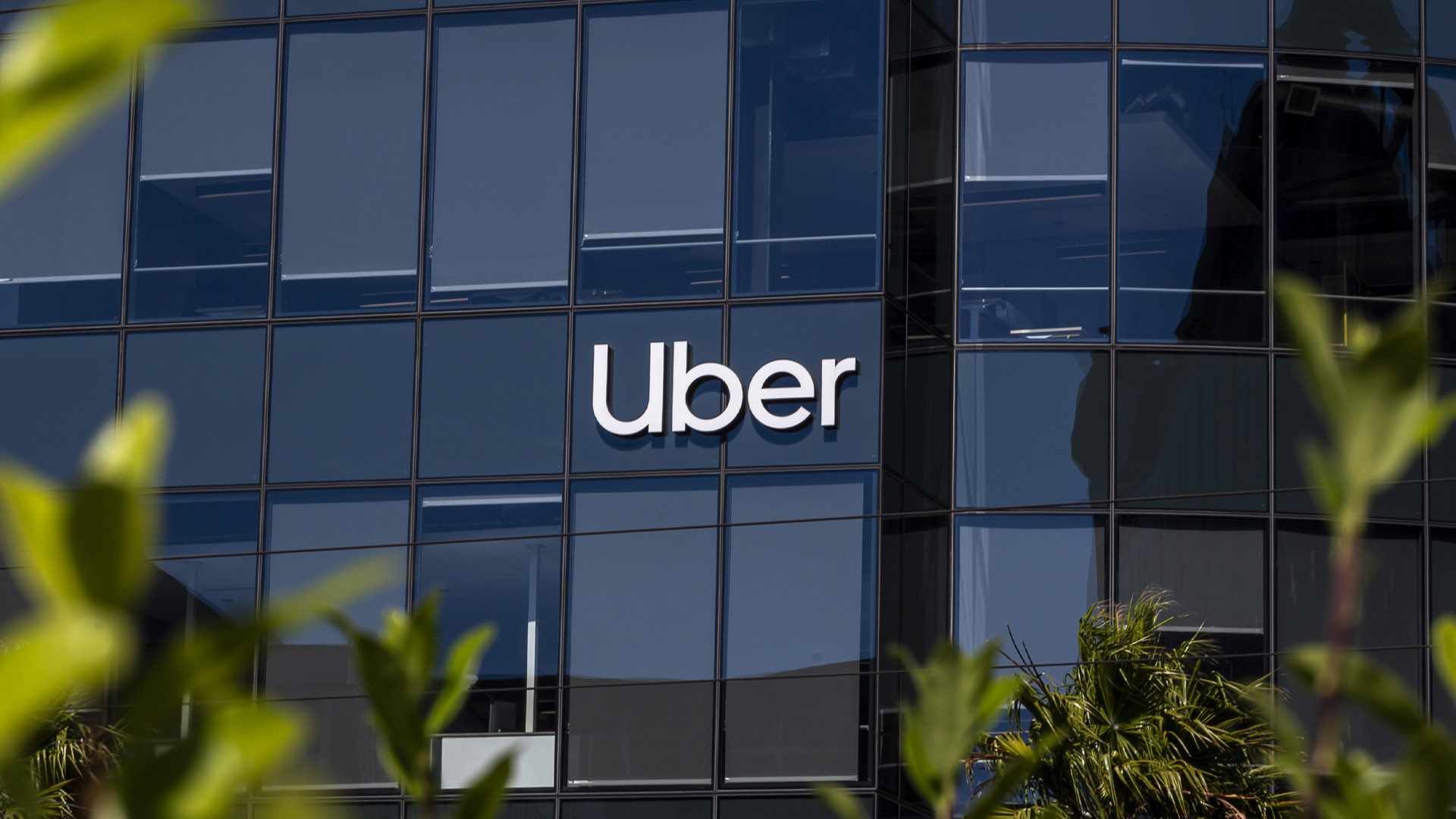Uber launches bug bounty programme with $10k prize
Keen bug tracers will need to find five genuine bugs to receive their first payout

Uber has launched an official bug bounty programme, and is offering cash rewards of up to $10,000 (7,049) for the discovery of errors in its systems.
The transport company ran a trial programme with 200 security researchers last year who found almost 100 bugs, which Uber said it has already fixed.
The success of that trial is why it has chosen to launch a public bug bounty programme now.
In addition to up to the monetary reward for the discovery of "critical issues", Uber said it is creating a "first-of-its-kind loyalty reward programme" to incentivise the security community to help quash bugs in its systems.
"Even with a team of highly-qualified and well trained security experts, you need to be constantly on the look out for ways to improve," said Joe Sullivan, chief security officer at Uber.
"This bug bounty program will help ensure that our code is as secure as possible. And our unique loyalty scheme will encourage the security community to become experts when it comes to Uber."
Uber's first reward programme season will commence on 1 May and will last 90 days.
Get the ITPro daily newsletter
Sign up today and you will receive a free copy of our Future Focus 2025 report - the leading guidance on AI, cybersecurity and other IT challenges as per 700+ senior executives
Bug tracers will be eligible for the reward programme once they have found four issues that have been accepted by Uber as genuine bugs.
If they then find a fifth issue within the 90-day session, they will get a bonus payout equivalent to 10 per cent of the average payouts for all the other issues found in that session.
Uber has put together a rolling guide to show researchers how to find different classes of bug across its codebase.
More information about the programme can be found here.
Bug bounty programmes are a fairly common part of the ecosystem for large tech businesses today, with Microsoft recently adding OneDrive to its bug bounty programme.
Although Uber's technical presence has set an example for others, the company has been fighting court battles over its car sharing networks. Most recently two Uber executives in French denied their involvement in what has been deemed an "illegal" taxi service.
-
 The Race Is On for Higher Ed to Adapt: Equity in Hyflex Learning
The Race Is On for Higher Ed to Adapt: Equity in Hyflex LearningBy ITPro
-
 Google faces 'first of its kind' class action for search ads overcharging in UK
Google faces 'first of its kind' class action for search ads overcharging in UKNews Google faces a "first of its kind" £5 billion lawsuit in the UK over accusations it has a monopoly in digital advertising that allows it to overcharge customers.
By Nicole Kobie
-
 The big book of selling data protection
The big book of selling data protectionWhitepaper Agile risk management starts with a common language
By ITPro
-
 Detection is not enough: Exposed assets require rapid mitigation to reduce and eliminate risk
Detection is not enough: Exposed assets require rapid mitigation to reduce and eliminate riskWhitepaper Agile risk management starts with a common language
By ITPro
-
 Modern enterprise cybersecurity
Modern enterprise cybersecuritywhitepaper Cultivating resilience with reduced detection and response times
By ITPro
-
 IDC InfoBrief: How CIOs can achieve the promised benefits of sustainability
IDC InfoBrief: How CIOs can achieve the promised benefits of sustainabilitywhitepaper CIOs are facing two conflicting strategic imperatives
By ITPro
-
 Uber hit with €290m fine for storing European driver data in the US
Uber hit with €290m fine for storing European driver data in the USNews The fine marks the latest imposed on Uber by the Dutch data protection authority
By Emma Woollacott
-
 Security operations use case guide
Security operations use case guideWhitepaper Improve your cyber resilience and vulnerability management while speeding up response times
By ITPro
-
 Creating a proactive, risk-aware defense to thrive in today’s dynamic risk environment
Creating a proactive, risk-aware defense to thrive in today’s dynamic risk environmentWhitepaper Agile risk management starts with a common language
By ITPro
-
 Turn banking technology risks into business advantages
Turn banking technology risks into business advantagesWhitepaper Five proven practices to make it happen
By ITPro